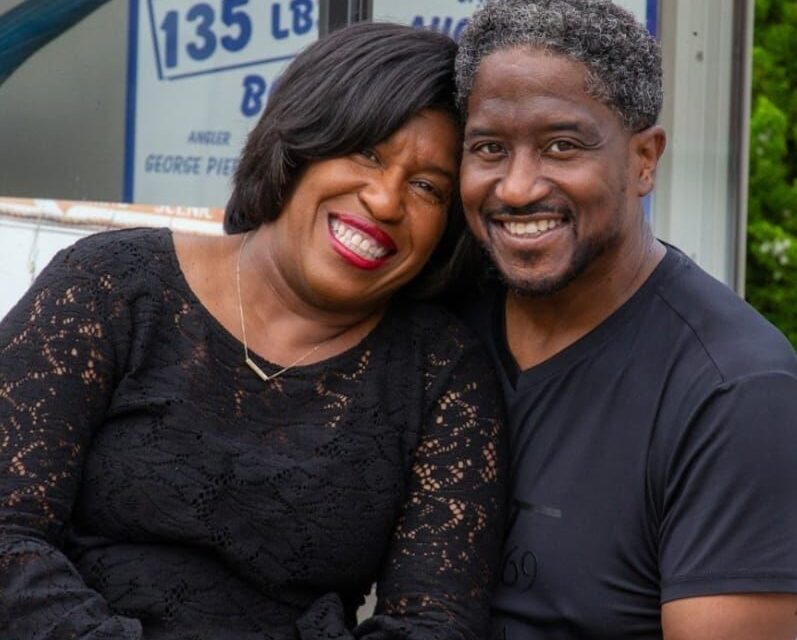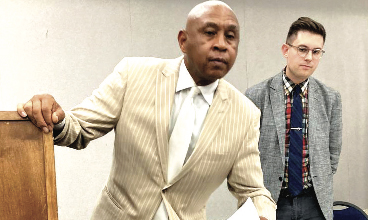By Kofie and Lachele Bryant
Cancer, an unyielding adversary in our lives, has marked its presence in every community. For far too long it has been a story of diagnoses coming too late, treatments too burdensome and cures too elusive.
The disparities in cancer outcomes are stark and unsettling. A report from the American Cancer Society brings this sobering reality to light: despite strides made in recent years, significant gaps remain—gaps that disproportionately impact people of color, those with lower socioeconomic status and rural residents. These communities face a harsher cancer reality, one where the social determinants of health—like access to education, income and quality healthcare—sharply dictate outcomes.
But recent medical and technological breakthroughs have the potential to help bridge these chasms and alter the course of cancer diagnosis and treatment for the better. Known as multi-cancer early detection (MCEDs) tests, these new tools have the ability to detect dozens of cancers from a single draw of blood – many of which currently have no screenings available.
MCEDs stand as a testament to our collective scientific progress and could be the reason we may be soon living in a world where many more cancers can be detected early, before symptoms appear. Currently, these tests await FDA approval, bolstered by extensive clinical trials, including those emphasizing representation from historically marginalized groups. And while science advances, so too must public policy.
The largest pool of people who could immediately benefit from MCED tests are senior citizens covered by Medicare. Yet, the program’s current rules do not allow timely coverage of preventative services like MCED tests even if they’ve been approved by the FDA. Changes are needed to the law to ensure that no time is lost and that Medicare can immediately establish a pathway to coverage for these tests.
Here’s where Maryland’s Senator Ben Cardin is leading the charge. He is one of the leaders of the Medicare Multi-Cancer Early Detection Screening Coverage Act and we thank him enormously for his efforts to bring together widespread support for this bill.
Senator Cardin’s bill is currently supported by large bipartisan majorities in both Houses of Congress as well as over 400 organizations from nearly every corner of the cancer advocacy community. As leaders in the faith community, we are adding our voices to this chorus and fight for a change that we know will save lives.
As Congress returns to session, lawmakers will be faced with a critical deadline to pass a bill funding the government through the rest of the fiscal year. While that effort will dominate the headlines, it is also an opportunity to pass this much-needed change to Medicare.
With so many people feeling the brunt of a cancer diagnosis as a patient or a caregiver, we often rely on our faith to help guide us through those trying times. In fact, research shows that “spirituality might be an important aspect for quality of life for cancer patients and that it may, in fact, be especially salient in the context of life threatening illness.”
In this moment, the confluence of faith, science and policy has the power to reshape our fight against cancer. Let’s seize this opportunity and ensure that the future of cancer care is driven by hope, equity and healing for all.
The post Faith, science and policy have the power to reshape fight against cancer appeared first on AFRO American Newspapers.










